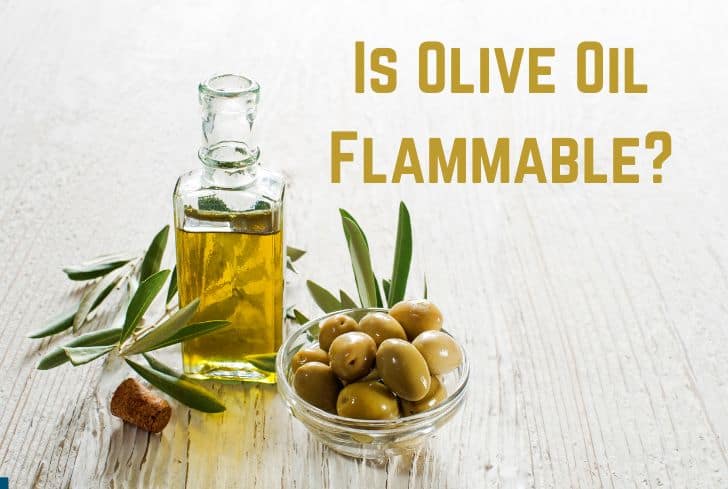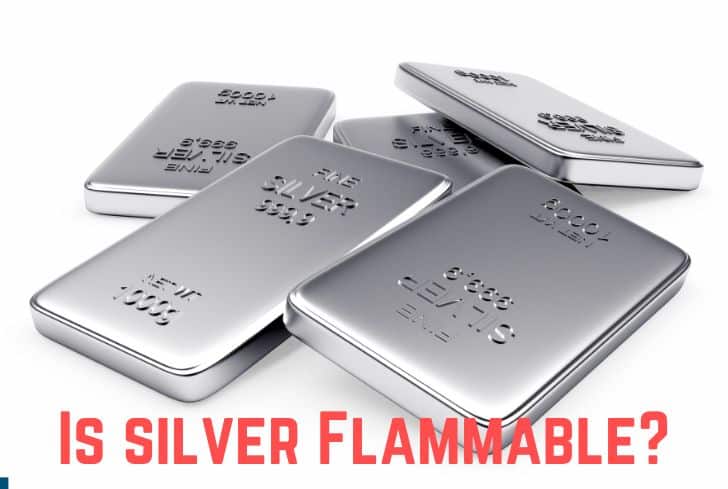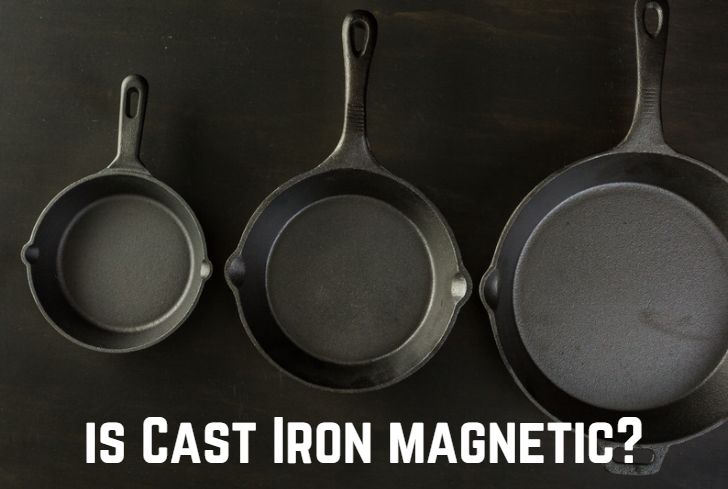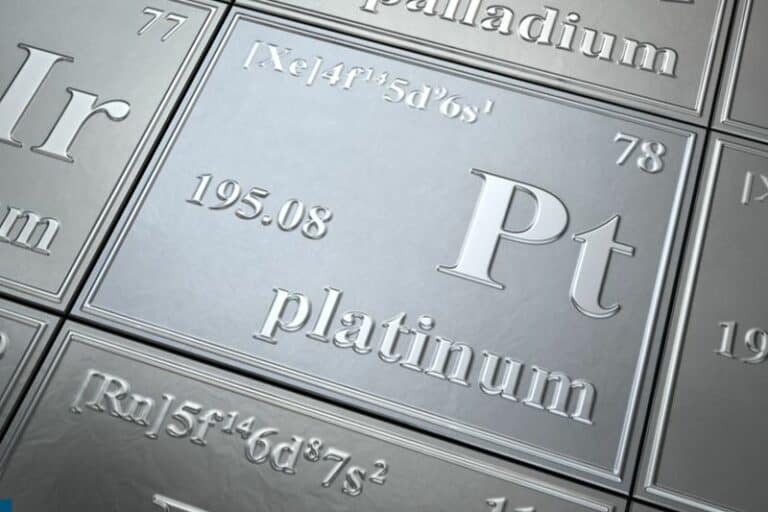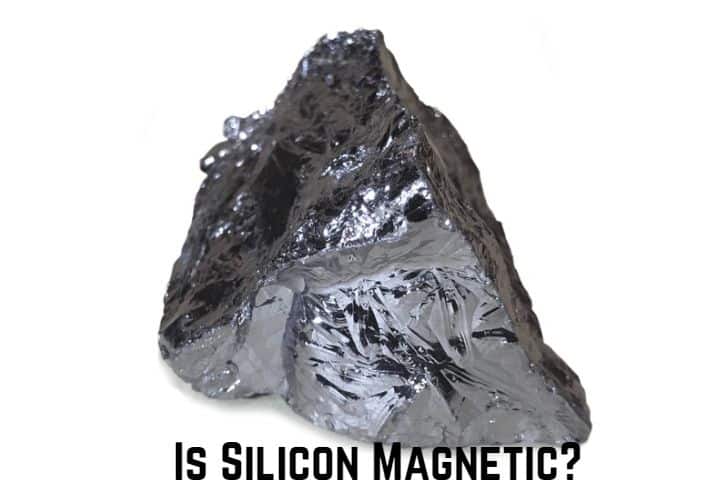Does Ice Conduct Electricity? (No. But Why?)
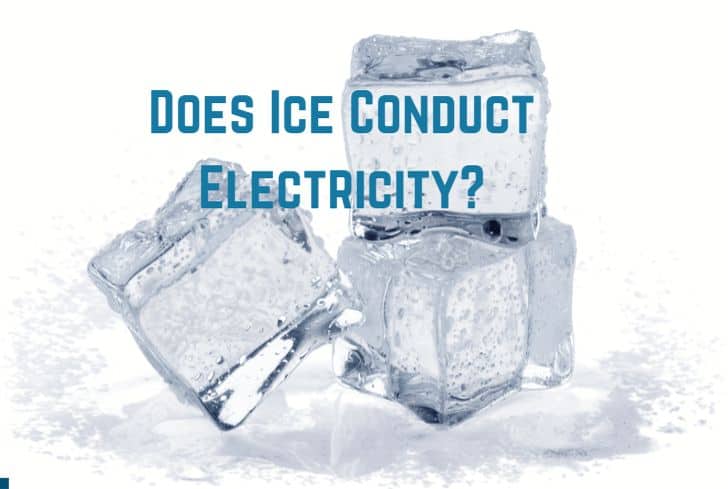
You’ve known since you were a young child that it’s dangerous to touch electricity while wet. Have you ever wondered whether ice behaves like water when conducting electricity? Consequently, does ice conduct electricity?
In addition to providing an answer to that question, this article explains whether dry ice is a conductor. We also tell you the melting point of ice, if you can make ice conduct electricity, and which is a better conductor between ice and water. Finally, we explain how water conducts electricity.
Read: Does Diamond Conduct Electricity?
Can Ice Conduct Electricity?
No, ice is not capable of conducting electricity. With no free-charged ions present, there is no passage of electric current in ice. When water crystallizes into ice, it causes poor ionic mobility with a high resistivity level. Any element that can conduct electricity must contain ions, which are small, mobile, charged particles. These charged ions are either positive or negative.
Positive ions are attracted to the negative terminal when you apply a potential difference to a medium like ice. The positive terminal attracts the negative ions. Current flows through a substance as a result of ion mobility. Ions cannot flow through the ice because they are locked in one place, which limits their ability to move.
Ice cannot conduct electricity if the ions are unable to move around.
Why Ice is a Bad Conductor of Electricity?
Ice is a bad conductor of electricity. While water is a good conductor of electricity, frozen water(ice) is not. Unpure or undistilled water contains dissolved ions and salt that serve as electrolytes. Water and electrolytes combine to create a solution that conducts electricity. The electrolyte solution that conducts electricity will stop conducting if you freeze it.
The ions must have electrical charge and mobility to conduct electricity. Keep in mind that when the mobile ions freeze in place, they lose their mobility. Even in its liquid state, pure water (distilled) won’t conduct electricity because it contains no ions. Pure water that freezes won’t conduct electricity either.
The intermolecular interaction between water molecules increases as it freezes and solidifies into ice. The molecules join together to create a solid structure. Ionic mobility decreases, and electrical conductivity is lost.
Does Dry Ice Conduct Electricity?
Dry ice is not a good conductor of electricity. That is because dry ice is the solid form of carbon dioxide (CO2), and carbon dioxide does not conduct electricity in any state. It lacks ions or any electrons that are mobile enough to conduct electricity. The same carbon dioxide freezes to generate dry ice devoid of ions and electrons.
Carbon dioxide is a covalent-bond. It consists of one carbon atom and two oxygen atoms which bond so strongly that breaking them up is hard to give free ions or electrons. With no free-moving ions, as all the valence electrons connect in chemical bonding, conduction is impossible.
Is Ice an Insulator?
Ice is an insulator with high resistivity and low conductivity levels. Electrical current cannot pass through the ice because of its immobile ions and electrons. They firmly bind together through their outer electrons, responsible for transmitting the electric current. Insulator ice prevents electricity or even heat from flowing.
Like ice, which contains charged ions despite being frozen, insulators can also contain a few charged ions. When a very high voltage is applied, ripping the electrons from the atoms, insulators become electrically conductive. The same case applies to ice. Ions become free and electrically conductible as ice melts.
Is Ice or Water a Better Conductor?
Water conducts electricity more effectively than ice. Conduction can only happen when there are moving ions or electrons. Due to the absence of ions and electrons, pure water is not a conductor. However, because of dissolved salts or broken water molecules, charged particles are present in rain or tap water. The conductivity of water is made more efficient by these charged particles.
The charged particles are locked in or pushed out of the ice crystal when the same water freezes. The charged particles cannot move freely enough to conduct electricity. Water often seeks to exclude as many ions as possible when it begins to freeze. It does this to prevent interference with the ice crystal structure’s formation.
Read: Does Graphite Conduct Electricity?
Once the ions, which are the ones that carry electric current, are not in the ice cube, you now have pure water. Pure water has no ions to carry a charge.
Melting Point of Ice
Ice has a melting point of 32°F (0°C). Ice melts into the water at this temperature. Until all of the ice has melted, the temperature will not change. The water will begin to warm up gradually until it reaches room temperature once all of the ice melts.
Hence, the melt water’s temperature will not increase until all the water has melted. So where does all the heat from the room go? All the heat goes into melting the remaining ice and not raising the temperature of the now liquid water. Only then will the heat start raising the temperature of the water.
Due to the chemical properties of water at this temperature, ice melts. Ice molecules contain more hydrogen bonds than water molecules do. The hydrogen bonds between water molecules break when the temperature goes beyond 32°F (0°C).
The molecules in the ice begin to move more quickly when the heat begins to penetrate the top. The hydrogen bonds break, as a result, creating liquid water. The water molecules absorb energy as they melt. Because of this, an ice cube melts more quickly on the outside while keeping its cold and rigidity longer in the middle.
As the ice melts, the hydrogen bonds will continue to dissolve. The hydrogen bonds between the water molecules will dissolve if the temperatures rise, forming water vapor.
Can You Make Ice Conduct Electricity?
It is challenging to try and make ice to conduct electricity. Ion mobility and ion concentration are both low in ice. Mobility will still be a problem, even if you increase the number of ions. There is no way to conduct an electric current if the ions cannot move.
Electric conductivity is difficult to achieve when ion mobility is restricted. The ions are immobile because they are encased in ice. In their solid state, ionic solids won’t conduct electricity. However, solids can conduct electricity when they become liquid or are dissolved in a solvent.

How Does Water Conducts Electricity?
Water must have charged ions or electrons present for it to conduct electricity. It can get the ions from substances that dissolve in it. These ions and electrons must be mobile for them to conduct electric current.
Read: Does Rubber Conduct Electricity?
Let’s see the elements that dissolve in water, making it electrical conductive:
Salt
The most widely used table salt type is sodium chloride (NaCl). In terms of chemical reactions, salt is an ionic substance composed of anions( positively charged ions) and cations (negatively charged ions). Water can conduct electricity when ions are present, even in smaller amounts.
The presence of ions in water is the reason why you should avoid coming into contact with electricity when you’re wet. Electricity current from a wall socket or a loose electric wire will seek our oppositely charged ions in the water.
However, the electrical current might bypass the human body and proceed straight to the water if the water contains a lot of solutes and ions. One factor that makes getting electrocuted in seawater more difficult than in bathwater.
Minerals
The presence of conductive ions is another important component that enables water to conduct electricity. The alkalis, chloride, sulfide, and carbonate compounds are where the ions come from. The minerals ingest the water by adding protons, neutrons, and electrons, all of which carry electric charges. Electric current is the term used to describe the movement of electrons.
The relationship between the concentration of ions in water and its conductivity is proportional. Electrolytes are substances that break down into ions. The conductivity of water increases with the number of ions present in the electrolyte. Like this, water’s conductivity decreases when fewer ions are present.
Chemicals
Water with specific chemicals like calcium, magnesium, and chloride will have a higher probability of conducting electricity than pure water. The majority of these compounds are water-soluble.
Chemicals in water dissociate into anions and cations when an electric current is passed through the water. These ions will go toward the plates and rods with opposing charges. Electricity is conducted by motion.
Frequently Asked Questions
What melts ice fast?
Ice melts more quickly when baking soda, sugar, and salt are added because they lower ice’s freezing point. When the three substances are added, the ice melts more quickly but will still take some time to melt if left untouched completely. These compounds cause the ice crystals to become distorted, hastening the melting process.
Is snow a conductor of electricity?
Since the ions in snow are immobile, they cannot carry current. Due to its low density and the amount of trapped air in between the snow crystals, snow acts more like an insulator. Air is a poor conductor of electricity on its own.
Conclusion
Ice does not conduct electricity in any form, whether dry ice or regular ice. Ice cannot carry electricity because it lacks mobile ions and electrons. An electric charge is carried by moving ions and electrons. Because of the existence of mobile ions, water can conduct electricity.


